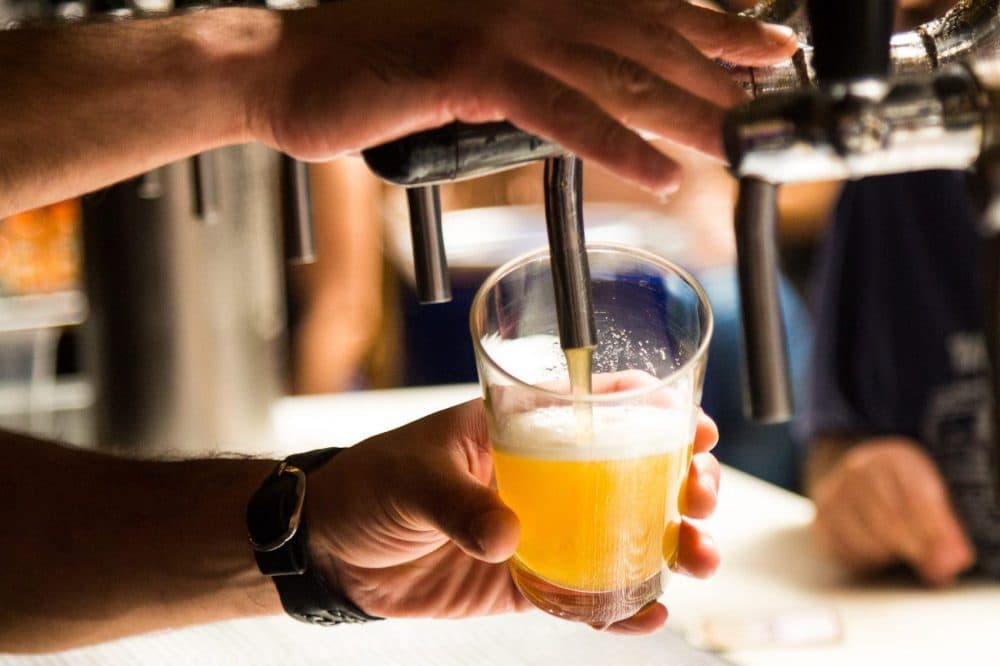Advertisement
Last Hop(e) For Craft Beer Guild: Distributor Appeals $2.6 Million Fine To SJC

Massachusetts' largest craft beer distributor took its appeal of a $2.6 million fine to the state's Supreme Judicial Court Tuesday, arguing the penalty is excessive and based on a faulty conclusion by the Alcoholic Beverages Control Commission.
The Craft Beer Guild paid the record-high fine in 2016 to avoid a 90-day license suspension but quickly sued the ABCC in an effort to reverse or reduce the penalty. An ABCC investigation had found that the guild violated state law when it paid for some bars to give its brands coveted tap lines.
According to the probe, the beer guild engaged in a pay-to-play scheme that involved disguising the payments on invoices for fictitious services and moving the money through third-party marketing firms that represented the bars.
The guild contends in its lawsuit that the payments — which sometimes took the form of rebates worth $15 to $20 per keg — amounted to legal discounts. But a lower court ruled last year that the payments were a kind of illegal price discrimination because they were not available to all bars. The court upheld the fine.
Now, the guild is appealing to the state's highest court, arguing that because it did not sell directly to bars, the ABCC and the lower court should not have found that it charged bars different prices. Technically, the guild charged marketers, not bars. Therefore, the beer distributor says, it did not break the anti-discrimination law.
"We have not violated that because the rebates that were paid went to unlicensed marketing companies," guild attorney Mark Dickison said in oral arguments Tuesday.
Massachusetts Assistant Attorney General Kirk Hanson said the marketing firms were merely fronts for various bars and that the guild should not be able to avoid punishment by making payments through intermediaries.
"They were actually creating and adding in these third parties to create the distance and separation between Craft and the retailers," Hanson said. "That's what was found in the commission's decision."
The Supreme Judicial Court generally makes decisions within 130 days of oral arguments.
